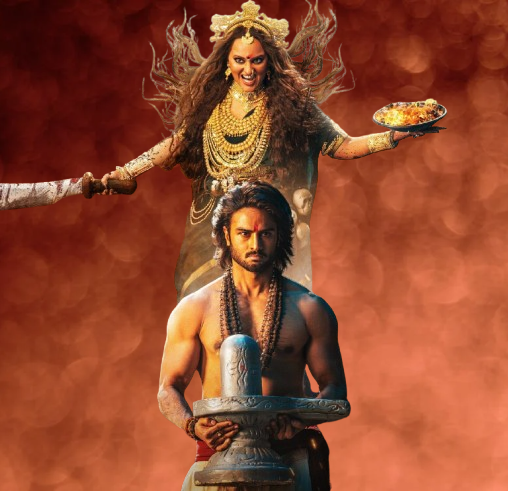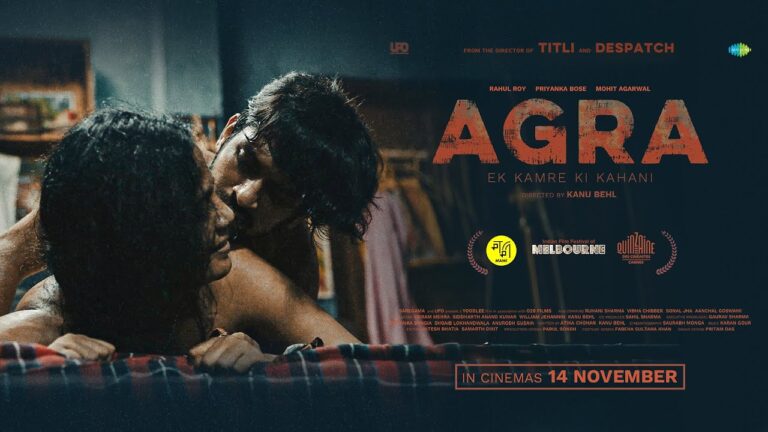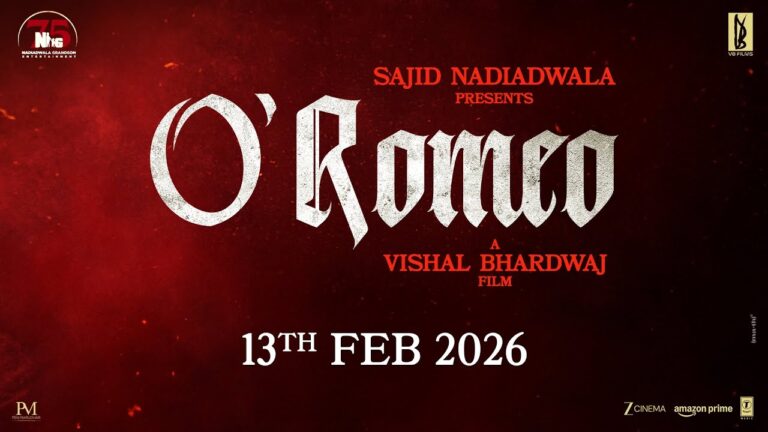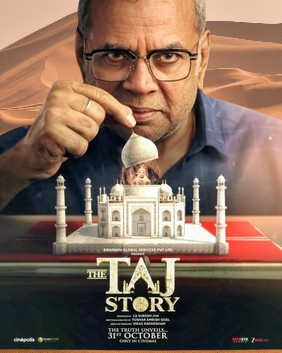De De Pyaar De 2 Movie 2025 Movierulz Review Details
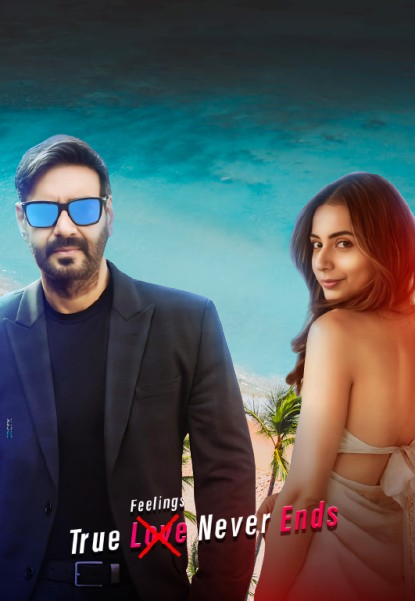
De De Pyar De 2 (2025) Review: A Cinematography & VFX Breakdown
🎬 Book Movie Tickets Online
Check showtimes, seat availability, and exclusive offers for the latest movies near you.
Check on BookMyShow →You know that moment when a rom-com suddenly looks glossy, stylish, and unexpectedly cinematic? That’s exactly the vibe I felt watching De De Pyar De 2. As someone who has covered hundreds of visual-driven Hindi films over the last decade, I walked in expecting jokes—but walked out admiring the craft behind the lens.
Here’s my full visual deep dive.
⭐ Visual Performance Rating
| Category | Score |
|---|---|
| Overall Visual Quality | 3.8 / 5 |
| Cinematography | 4 / 5 |
| VFX & Compositing | 3.5 / 5 |
| Lighting & Color Work | 3.7 / 5 |
Note: Star ratings evolve—based on my theater run.
Visual Tone & First Impressions
Director Anshul Sharma steps in with a clear intention—keep the rom-com warmth of the 2019 film but give the sequel a crisp, modern visual identity. Punjab’s earthy hues blend with London’s cool palette, giving the film its two-world charm.
The contrast of golden desi warmth and steel-blue international polish instantly frames the emotional conflict between Ashish and Ayesha.
Insight: The film uses color temperature as emotional shorthand.
Takeaway: Visuals subtly push the narrative without shouting for attention.
Cinematography Techniques That Stand Out
From analyzing Oscar contenders to indie festival gems, I’ve learned one thing—cinematography shapes emotion before dialogue does. De De Pyar De 2 uses this principle effectively.
Key Techniques Used
- Soft-focus close-ups during Ashish–Ayesha conversation beats.
- Wide-angle family frames capturing the awkward comedic distance between characters.
- Tracking shots through crowded Punjabi homes—great for capturing chaos.
- Color-graded London skylines symbolizing Ashish’s quieter emotional space.
- High-key lighting for humorous scenes to keep things breezy.
What I personally loved: The camera never tries too hard. It sits, observes, and lets the humor flow organically. Very badiya for a family rom-com.
Insight: Wide shots let the actors breathe—essential for Ajay Devgn’s subtle comedy.
Takeaway: Cinematography matches tone, keeping the film light yet polished.
Visual Effects Breakdown
Rom-coms rarely depend heavily on VFX, but modern Hindi cinema uses subtle enhancements everywhere—background cleanups, skyline replacements, smooth transitions, even minor de-aging touch-ups.
Notable VFX Moments
- London bridge night composites—clean and aesthetically pleasing.
- Transition wipes between Punjab and London—smooth but not flashy.
- Background extensions in house sequences for scale.
- Minor beauty blending in close-ups (common in 2025 cinema).
Nothing screams “VFX-heavy”—and honestly, that’s a compliment in a rom-com. The team keeps it subtle and functional.
Insight: Smart VFX support the story instead of distracting viewers.
Takeaway: Clean compositing gives the film a premium finish.
Cast & Crew Visual Contribution Table
| Person | Visual Contribution |
|---|---|
| Ajay Devgn | Strong expressions captured through mature close-up framing. |
| Rakul Preet Singh | Vibrant color styling boosts her youthful energy on screen. |
| R. Madhavan | Camera uses warmer tones around him to enhance fatherly authority. |
| Director Anshul Sharma | Balanced lensing choices; avoids visual clutter. |
VFX & Technique Table
| Technique | Usage |
|---|---|
| Compositing | London city blends and cleanups |
| Roto & Cleanup | Family sequences with busy background |
| Color Grading | Dual palette for tone variation |
| Stabilization | Smooth romantic walk sequences |
Comparison With Industry Standards (2025)
By 2025, rom-coms have shifted visually—polished, crisp, sometimes even over-stylized. This sequel finds the middle ground.
| Film Type | Visual Style | Where DDPD2 Stands |
|---|---|---|
| High-End Bollywood Rom-Coms | Glossy, vibrant | Matches color palette expectations |
| Indie Romantic Dramas | Muted, artistic | More commercial than moody |
| Family Comedies | Bright, functional | More cinematic than average |
As someone who has watched visual trends evolve, I’d say this film stays safely within commercial boundaries while adding enough finesse to look modern.
Insight: The sequel visually upgrades without losing its mainstream appeal.
Takeaway: It stays accessible yet refined.
Technical Awards Potential
Could De De Pyar De 2 compete at award shows? Maybe not in top VFX categories, but it definitely deserves recognition in:
- Cinematography (Mainstream)
- Color Grading
- Production Aesthetic
The film’s visuals contribute strongly to its emotional beats, especially in father–daughter and romantic sequences.
Insight: Family-driven films rarely get tech nominations, but this one has a chance.
Takeaway: Visual finesse elevates the narrative’s maturity.
Final Thoughts
De De Pyar De 2 uses cinematography and subtle VFX to create a richer rom-com experience. Nothing overbearing, nothing show-offish—just visually pleasant storytelling. For fans of clean-looking family entertainers, this one offers excellent vibes.
As a reviewer who’s studied cinematography trends for 10+ years, I genuinely appreciate how thoughtfully this film frames age-gap romance without making it visually awkward.
FAQs
1. Is De De Pyar De 2 visually better than the first film?
Yes. The sequel has smoother color grading, better framing, and more polished lighting.
2. Does the film rely heavily on CGI?
No. VFX is minimal and subtle—just enough to enhance locations and transitions.
3. Are the visuals worth a theatrical watch?
Absolutely. The wide shots and color palette look much better on the big screen.
Note: Star ratings evolve—based on my theater run.





